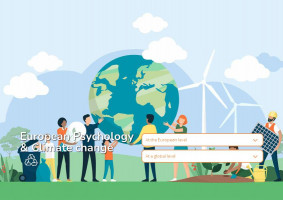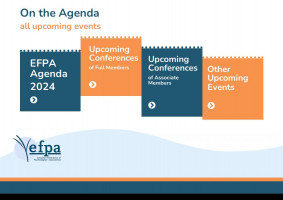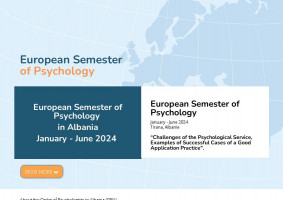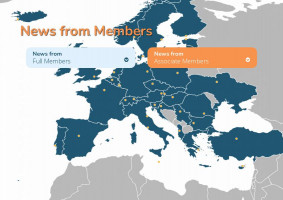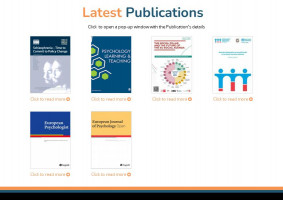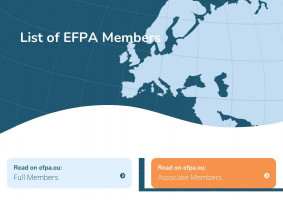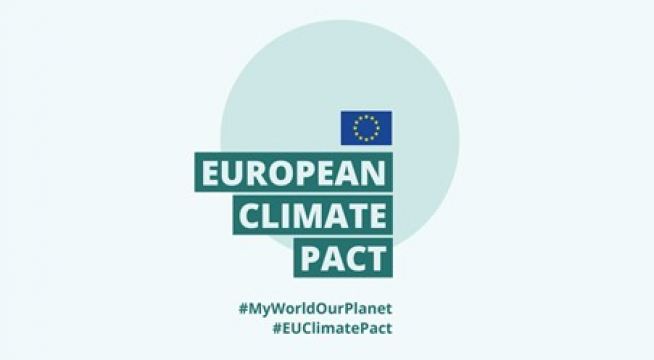
EU Climate Action
January 2024
The January 2024 EU Climate Action newsletter contained some examples of ways citizens can contribute from some of the EU Climate Ambassadors (individuals who inform, inspire and support climate policy and action in their communities and networks.
Find out more
Examples come from Luxembourg, Portugal and Poland
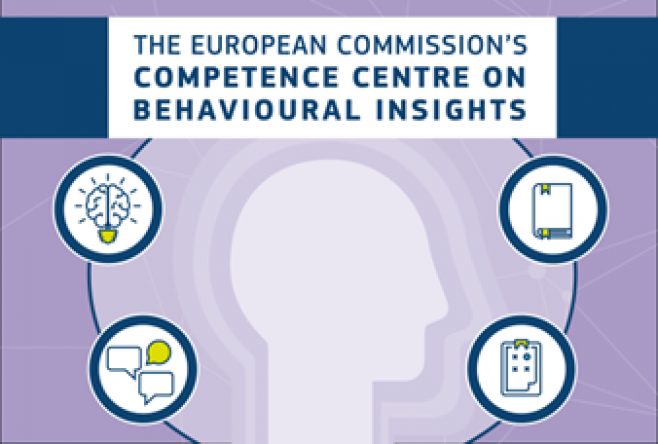
EU initiatives on behavioural change and climate.
A considerable fraction of greenhouse gas emissions results from the choices we make when we eat, go to work, choose a washing machine, turn on air conditioning, or go on vacation.
Some of these decisions require thought and deliberation, while others are repetitive and automatic. Many decisions we make can affect the environment more broadly. Thus, we implicitly contribute to biodiversity loss, deteriorating ecosystems, or pollution. Behavioural sciences can provide important insights on the underlying drivers of behaviours that impact our environment and suggest adequate ways to influence them.
Are you interested in EC initiatives linking behavioural change and climate?
Then check the JRC's Competence Centre on Behavioural Insights for climate and environment

At COP28 in Dubai, they highlighted that EU negotiators secured an outcome keeping the Paris Agreement goal – limiting the global temperature rise below 1.5°C – within reach. This includes transitioning away from fossil fuels and reducing global emissions by 43% by 2030 but also, following an EU initiative, tripling renewable energy capacity and doubling energy efficiency by the end of this decade.
Together with its Member States, the EU also pledged more than €400 million in support of the most climate-vulnerable nations via a loss and damage fund that was established at the beginning of COP28.
Closer to home, the EU noted that 2023 has been an eventful and successful year for EU climate action. After the adoption of all EU climate legislation under the ‘Fit for 55’ legislative package earlier in the year, in December they rolled out financial support to foster the green transition under the Innovation Fund and Modernisation Fund – among much more.
But the EU noted that a lot remains to be done to tackle the climate crisis. Marked by record-breaking high temperatures and extreme weather, 2023 reminded us of the stark reality of a boiling planet. This is why in 2024, the EU said they will continue to push for a greener, safer and fairer future for all Europeans.
Read the 2023 highlights here
Back to top

The Global Psychology Alliance publishes a population climate action framework
The emphasis in the framework is on how psychology can support individuals, communities, organizations, and nations to address the climate crisis through a ‘Population Climate Action Framework’. Psychology and the climate crisis – A population climate action framework - ‘People and Planet - we’re all in this together’.
The purpose of this paper is to frame climate change from a wellbeing perspective and propose action steps for psychology and psychologists across the globe to make meaningful collaborative contributions to the mitigation of and adaptation to climate change and to develop strategies and processes to ensure the inclusion of marginalized and vulnerable peoples, Indigenous knowledge systems, and cultural perspectives.
Read or download the full report on the American Psychological Association (APA) website
Back to top
(1)_w1700_h406_1.png)




